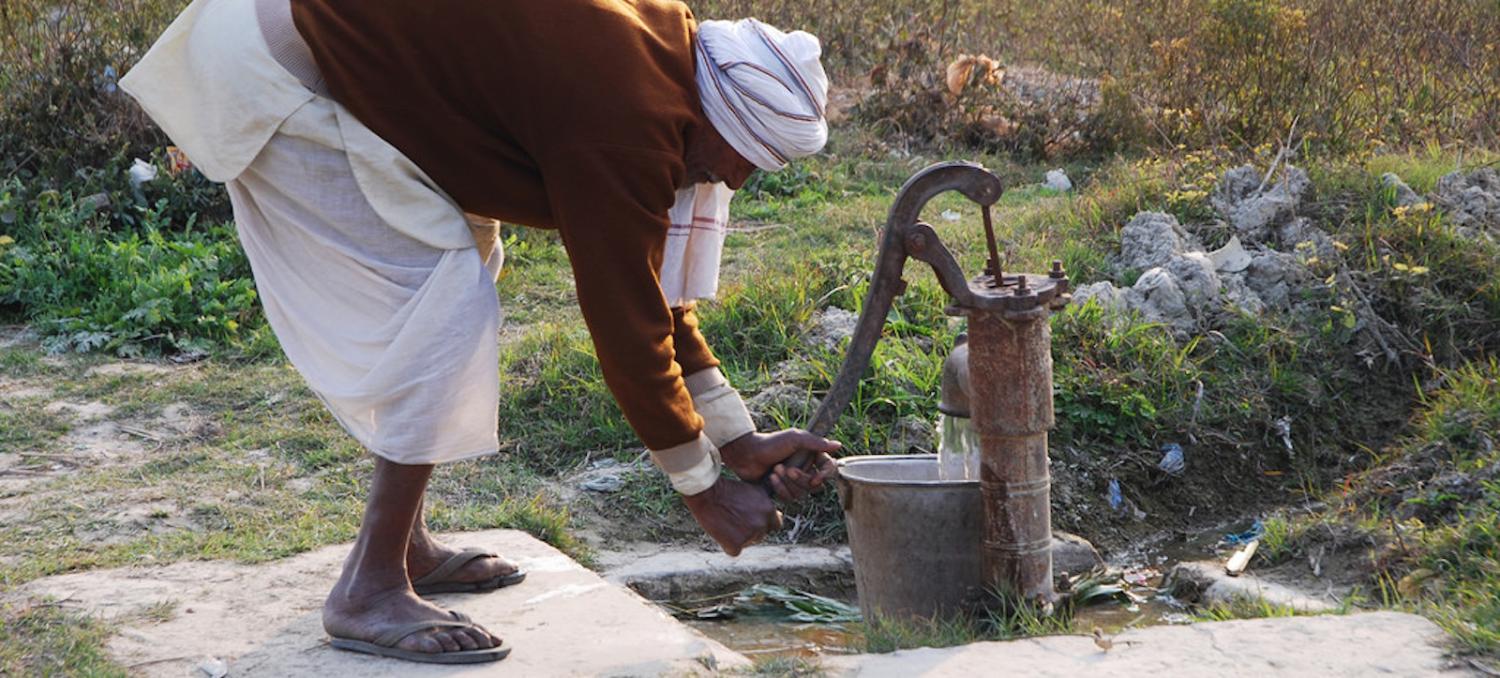- Last week, at a special one-day conference to ease the humanitarian crisis in Yemen, $2.6 billion was raised. Paradoxically, more than half was donated by countries that are involved in the conflict.
- Dave Evans, lead economist in the chief economist’s office for the Africa region at the World Bank, is leaving the Bank for a new position at the Center for Global Development. As a tribute, the Development Impact blog organised a round-up of some of his work from his time at the bank.
- Rosemary DiCarlo, the UN’s political and peacebuilding chief, announced that infant mortality in Venezuela has soared by roughly 50% during the prolonged political crisis in the country.
- Bob Seely MP and James Roger’s vision for “Global Britain” calls for a merger of the Department for International Development within the Foreign and Commonwealth Office. Owen Barder, Hannah Timmis, and Arthur Baker explain why this would diminish the UK’s influence overseas and impact aid effectiveness.
- Siddharth Dixit, Natalie Emery, and Chinmoy Kumar analyse how the African health system benefits from the rising trade between India and Africa.
- According to Ryotaro Hayashi, Sri Lanka’s transition toward upper-middle-income status could see it become an economy based on knowledge, information, and a highly-skilled workforce.
- This Economist piece affirms that efforts to save people from the diseases carried by surface water leave them condemned to longer-term dangers hidden in groundwater.
- Donald Trump is expected to nominate David Malpass, who handles international affairs for America’s Treasury. This decision is widely criticised.
Aid links: donation paradox, surface-water tension, and more
Links and stories from the aid and development sector.

A farmer pumps water in Bihar, India (Photo: International Maize and Wheat Improvement Center/ Flickr)
Published 6 Mar 2019
Follow @AlexandreDayant
You may also be interested in
The autonomy of Australian universities must be maintained with safeguards against any undue government influence.